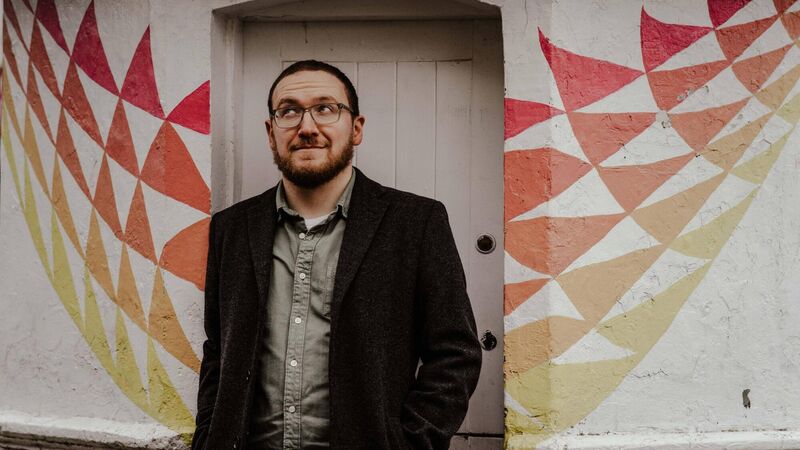Autism Acceptance: I'm an Irish Examiner writer, and I'm autistic

Mike McGrath Bryan: "you are exactly the person you think you are, and you are not the person you thought you were". Pic: Celeste Burdon
You can spend years of your life dealing in words and expression, interacting with people and framing their stories and experiences for an audience. But when it comes down to it, you can still be completely overawed by their power over you. Such is the case as I’ve sat down to start this article a few times now.
My name is Mike, and I’m autistic. I was diagnosed with Autism Spectrum Disorder (the latter word being the subject of some contention) in April 2021, on Autism Awareness Week. The specific term for my diagnosis is ASD1, formerly known as Asperger’s syndrome.











